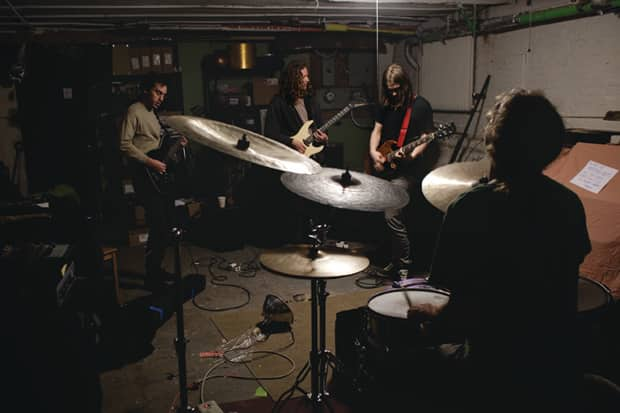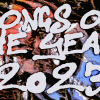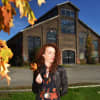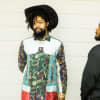It’s unclear how many of the four members of Liturgy are chain-smokers, but sitting at their bass player’s Tyler Dusenbury dining room table, surrounded by many nice green plants, there’s enough loose tobacco to suggest serious habit. The only shorthaired member, Dusenbury says he’s “a Jew from the tri-state area,” and he jokes much more than you’d expect from someone in a bellowing black metal band. The rest of the band—principle songwriter Hunter Hunt-Hendrix, guitarist Bernard Gann and drummer Greg Fox—three long-haired heshers, are much more stereotypically metal-headed than Dusenbury, who also has a cute kitten. Black metal has never been uncomplicated.
Liturgy indeed self identifies as black metal. A genre that grew out of a desire to scuzz up death metal in Norway in the early ’90s, its basic musical tenets are fast drums, complex and high ranged guitar and shredded vocals tossed to the wind. Better known than the music, however, is the mayhem—murder, suicide and church burning—that’s been inextricably linked with music (though mostly the work of a small group of people in Oslo). This is the legacy Liturgy’s principle songwriter Hunter Hunt-Hendrix has tried to shake in creating the sub-genre of “transcendental black metal,” a purposeful nod to Thoreau. “The most important musical feature is free pulsation and ecstasy,” he says. He’s talking about the repetitive euphoria of blast beats specifically, but he could easily be talking about tantric yoga.
For all the intellectualizing, Liturgy still sounds scary. Aesthetica, their second album (and first for stalwart indie label Thrill Jockey), touches on many genres of nerdy music, but its dogma is still aggression. “For me, the idea that we are black metal is very important,” Hunt-Hendrix says. “But as the band has developed, that’s become a less important thing.” That’s clear on Aesthetica, where the gruffness of the genre ebbs and flows within impressively precise song structures. “When you’re talking about music and trying to catalog it in a coherent way, it’s totally fluid. It’s like culture,” says Dusenbury. It’s worth noting that he was stoned when he said this, which adds a bit of hooey to this unshakeable psychic truth. “All potential is positive,” he adds, beaming with a light that will always soften Liturgy’s dark heart. They’re better off for it.



